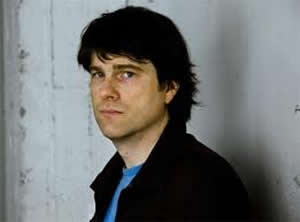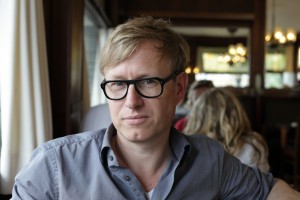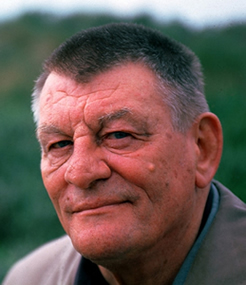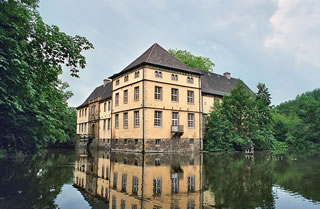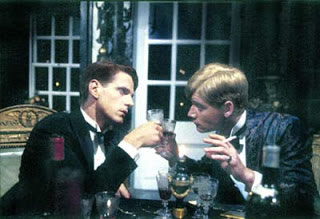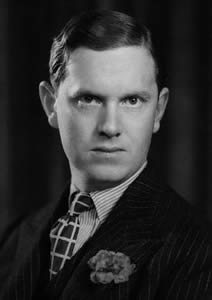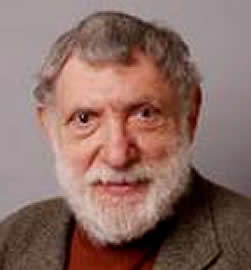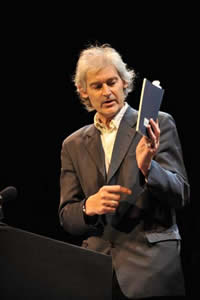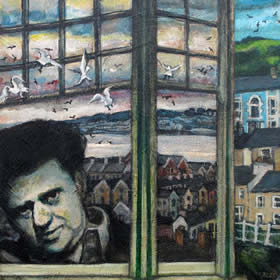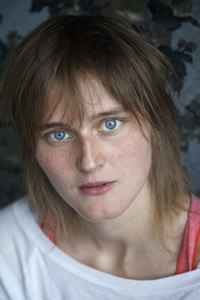De Canadese schrijver Joseph Boyden werd geboren op 31 oktober 1966 in Willowdale, Ontario. Zie ook mijn blog van 31 oktober 2010 en eveneens alle tags voor Joseph Boyden op dit blog.
Uit: Three Day Road
“I went alone.
I watch the beast pull up and give one last great sigh, as if it is very tired from the long journey, smoke pouring from its sides. People wave from the windows and people on the ground wave back, just as I have watched them do for days. Then men and women and children who have arrived start stepping down into the arms of others. I see a few soldiers and search among them for Elijah’s face with his sly grin. The crowd begins to thin, and once again I do not see an Indian soldier with one leg.
I am turning to leave when I see through one of the windows the silhouette of a man inside. He walks slowly along the aisle, on crutches, in a uniform, a small bag slung over his shoulder. I step away from the shadow of the wall.
He wears a hat, just like the wemistikoshiw do, but this one is of their army and I cannot see his face for his looking down as he slowly makes his way down the steps on his crutches. He is an old man, I think. So skinny. This cannot be the Elijah I know. One leg of his pants is pinned up and hangs down a little way, empty.
When he is off the steps I begin to back away, thinking it is not him. He looks up and I see his face, thin and pale, high cheekbones, and ears sticking out from beneath his hat. I stumble a little, the blood rushing away from my head. The ghost of my nephew Xavier looks at me.
He sees me at the same moment, and I watch as his eyes take a long time to register what they see, but when they do he begins to rock back and forth on his crutches. He falls to the ground. I rush up to him, kneel beside him, grab his warm hands. He is no ghost. I hold him to me. His heart beats weakly. I am struck suddenly that he is very ill.
“Nephew,” I whisper. “You are home. You are home.”
I hug him, and when he opens his eyes, I look into them. They are glassy. Even in the shadows of the station his pupils are pinpricks.
“I was told you were dead, Auntie,” he whispers.
“And I was told you were, too,” I say.
We sit on the ground for a while, both of us too weak for the moment to get up. We are crying, looking at one another. A small group of wemistikoshiw gathers and stares at us. I help Nephew up so that we can get away, get to the river where he can drink water and I can better protect him.
We do not stay in the town long. It makes me too nervous. Automobiles, they are everywhere. We must cross the dusty road that they travel upon before we can get to the river where I keep my canoe. Nephew walks slowly on his crutches, his eyes cast down. People stare at us, at him.”
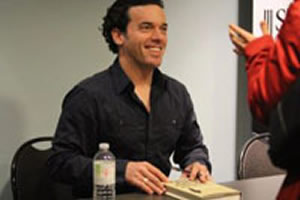
Joseph Boyden (Willowdale, 31 oktober 1966)
Lees verder “Joseph Boyden, Bruce Bawer, John Keats, Nick Stone”

